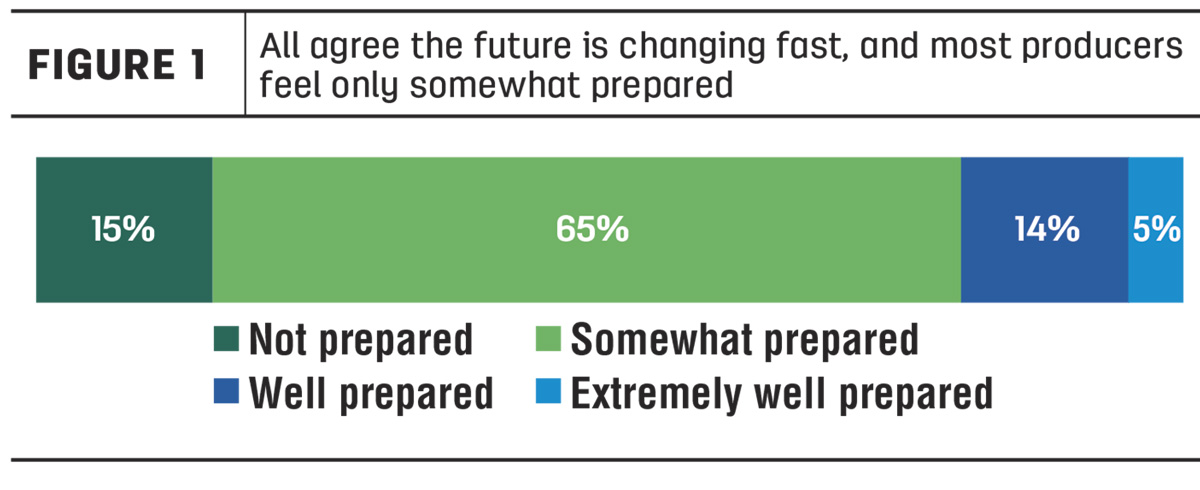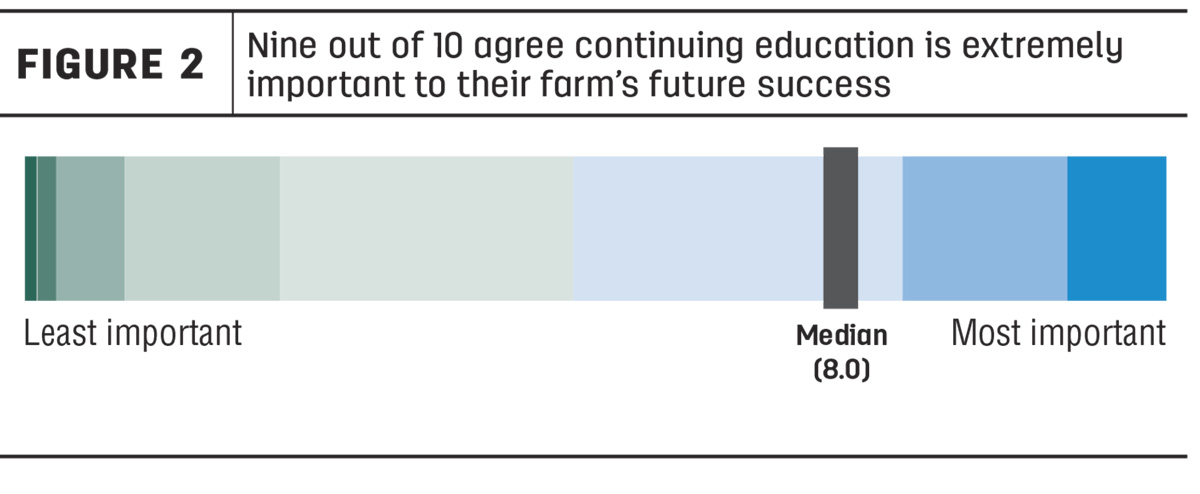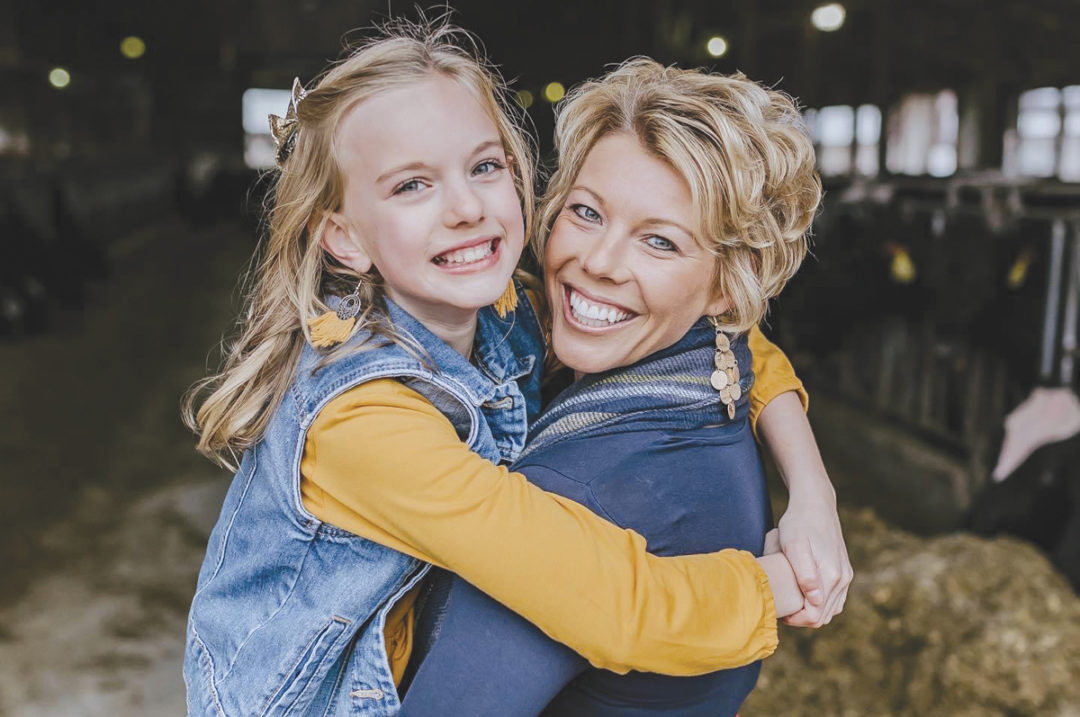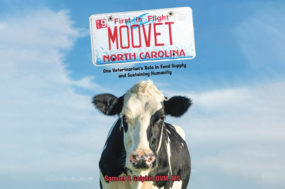Remember riding a Tilt-O-Whirl at the state or county fair? It starts slow, and as the ride accelerates you spin ever faster until you tilt. Lately, dairy farming feels a lot like that, doesn’t it? Everywhere you look today, it seems we are facing yet another turn of unexpected change, and the ride we’re on seems to spin ever faster.
To anticipate dairy’s future and identify how dairy producers can best prepare and position their farms for sustainable success, Professional Dairy Producers (PDPW) recently conducted a first-of-its kind, 360-degree view of the full dairy value chain’s perspective of the future. Through the highly respected Forward research group, based in St. Charles, Missouri, we talked directly with the nation’s leading dairy food marketers and processors, and gained the perspective of more than 100 dairy producers from coast to coast. We learned a lot about what it will take for producers to be future-ready for the changes coming.
Where is the future of dairy headed?
While both producers and food system marketers agree dairy farming as we know it is changing fast, they have very different views of the future. Food system customers believe the greatest trend impacting producers in the next five years will be environmental sustainability, while only 3% of producers see environmental sustainability as a top impacting trend. Instead, producers believe labor and the evolving workforce as well as managing business growth in times of escalating inflation will have the greatest impact on their farms in the next five years.
Dairy food customers also said they expect to see a more competitive landscape at the farm level in the future. Not only will consolidation continue at the farm and processing level, but customers also said they expect to see fewer commodity producers and more preferred suppliers. Customers want to choose and partner with those producers who have a preferred supplier mindset, including:
- Dairies that know their environmental footprint
- Dairies with strong people management skills that retain labor and keep employees well trained and motivated to take good care of the animals
- Dairies that can proactively tell their story, including how they continually improve their milk quality, environmental sustainability and cow comfort
Historically, the dairy value chain has largely existed on transactional relationships. And that worked when commodity milk and limited competition defined our world. The world has changed, though. Today, we experience competitive non-dairy pressures alongside greater interest and demands in nearly all aspects of how milk is produced at the farm level.
How can producers best position themselves to be future-ready?
One thing dairy food customers and producers unanimously agree on is education. Everyone in the dairy value chain believes education is key to being prepared for these future changes (Figure 1). In fact, nine out of 10 producers said continuing education is extremely important to their farm’s future success (Figure 2).


Specifically, more than half of producers say there is a strong need for the following five types of training, according to PDPW research:
- Financial management
- People management
- Latest research on innovative farm practices
- How to position your farmer as a preferred supplier to downstream customers
- Leadership development within their farm teams (i.e., growing their next senior leaders)
A full 75% of dairy producers say they believe that in the future, dairy food marketers and processors will require dairy producers to provide proof they and their team members are attending training programs for continual improvement in key areas such as animal welfare, labor management and environmental sustainability.
Who do producers trust as their go-to source for high-quality, unbiased training and education?
Producers from across the U.S. cited their top sources for high-quality training and education as veterinarians, university extension and PDPW. More than 86% of producers are not only familiar with PDPW, but more than two-thirds rate PDPW training and education as highly or extremely valuable.
Producers cite their biggest barrier to participating in more training is that trainings are not offered in a convenient location and/or time.
I believe all producers deserve better access to high-quality educational and training resources. As dairy’s professional development organization, PDPW supported this research not only to better anticipate the trends from a 360-degree view of the dairy value chain, but to ensure we understand what producers need from an education and training standpoint to best support their farms’ future success.
PDPW, at the core, has a very a basic belief: that education is the most powerful force you can use to change your world – for yourself and your farm – and our industry as a whole. Education empowers. It creates knowledge and brighter futures. It builds confidence.
And when it comes to our dairy community, it changes lives, one producer at a time, one regulator at a time and one dairy brand customer at a time. It not only betters the lives of thousands of producers day after day, it also moves dairy forward and creates a better future for all so together we can continue to supply one of the world’s most wholesome products – milk – to nourish all humanity for generations.
As the world continues to turn and moves beyond supplying just commodity milk, this full-chain partnership will become more and more important. Our hope is that this research shines a light on the gaps and opportunities that exist and the need for greater alignment across the chain to support dairy producers in taking a proactive stance in learning and development to be future-ready.





